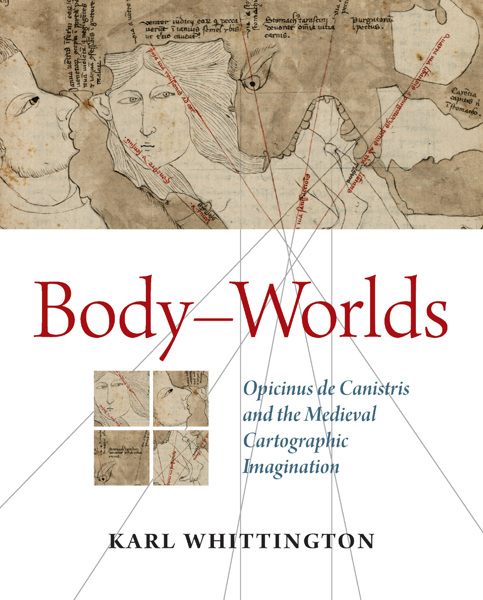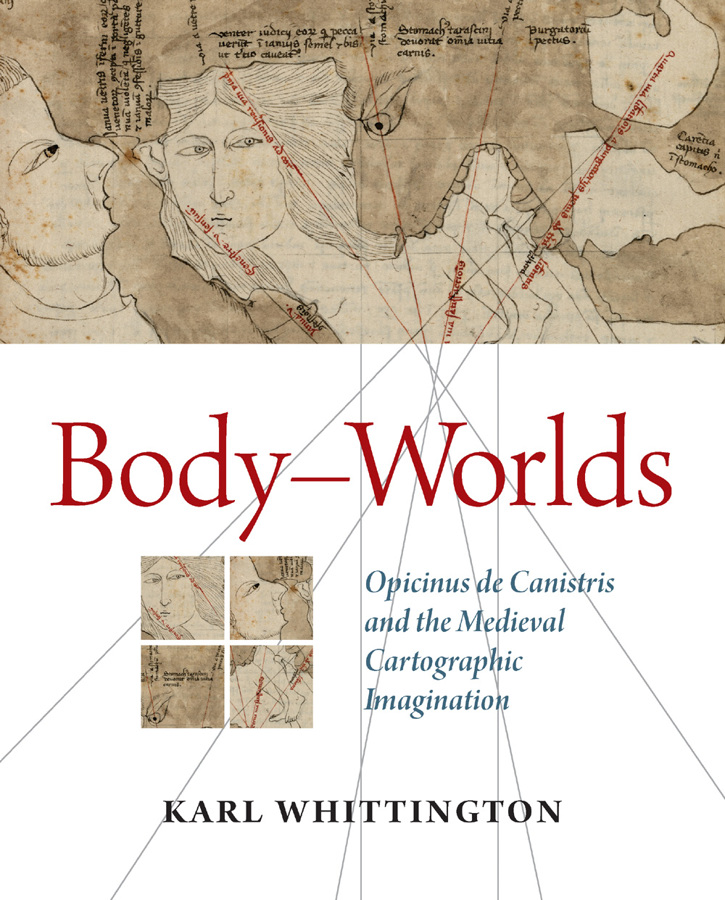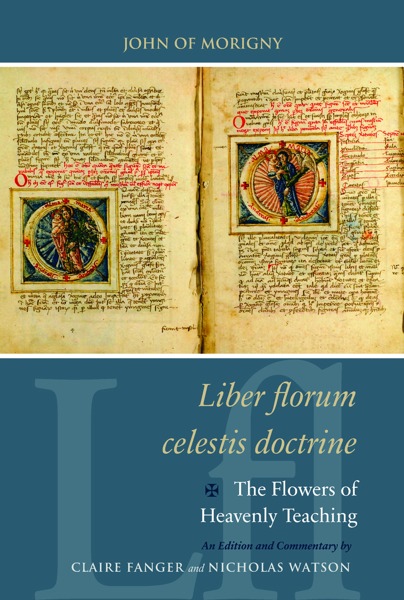
- Pages: 212 p.
- Size:205 x 255 mm
- Illustrations:45 col.
- Language(s):English
- Publication Year:2014
- € 70,00 EXCL. VAT RETAIL PRICE
- ISBN: 978-0-88844-186-7
- Hardback
- Available
Opicinus’s drawings complicate many of our assumptions about medieval visual culture, and spark lines of inquiry into the interplay of religion and science, the practice of experimentation, the operations of allegory in the fourteenth century, and ultimately into the status of representation itself.
"Opicinus’s drawings contribute in new and unexpected ways to our understanding of the late medieval church, the history of vision and sensibilities, the body, the history of cartography, and Mediterranean studies. Karl Whittington is an intelligent reader of these very difficult works and a wonderful guide for readers encountering this material for the first time. His book will open up an important and under-utilized corpus for further study and should spark an on-going conversation about these intriguing manuscripts." (Victoria Morse, Carleton College)
"(...) Body-Worlds is so well-written, Opicinus is so intriguing and his charts so fascinating that one can only weep the moment you have finished the book unless ... you postpone the end forever." (Karen De Coene, in: Maps in History, 52, May 2015, p. 8-9)
"(...) le travail accompli par Whittington est sérieux et utile. Ce volume rendra d'indéniables services." (Sylvain Piron, dans: Sehepunkte, 15/6, 2015)
In 1334, an Italian priest named Opicinus de Canistris fell ill and experienced a divine vision of continents and oceans transformed into human figures, a vision which inspired numerous drawings. While they relate closely to contemporary maps and seacharts, religious iconography, medical illustration, and cosmological diagrams, Opicinus’s drawings cannot be assimilated to any of these categories. In their beautiful strangeness they complicate many of our assumptions about medieval visual culture, and spark lines of inquiry into the interplay of religion and science, the practice of experimentation, the operations of allegory in the fourteenth century, and ultimately into the status of representation itself.


